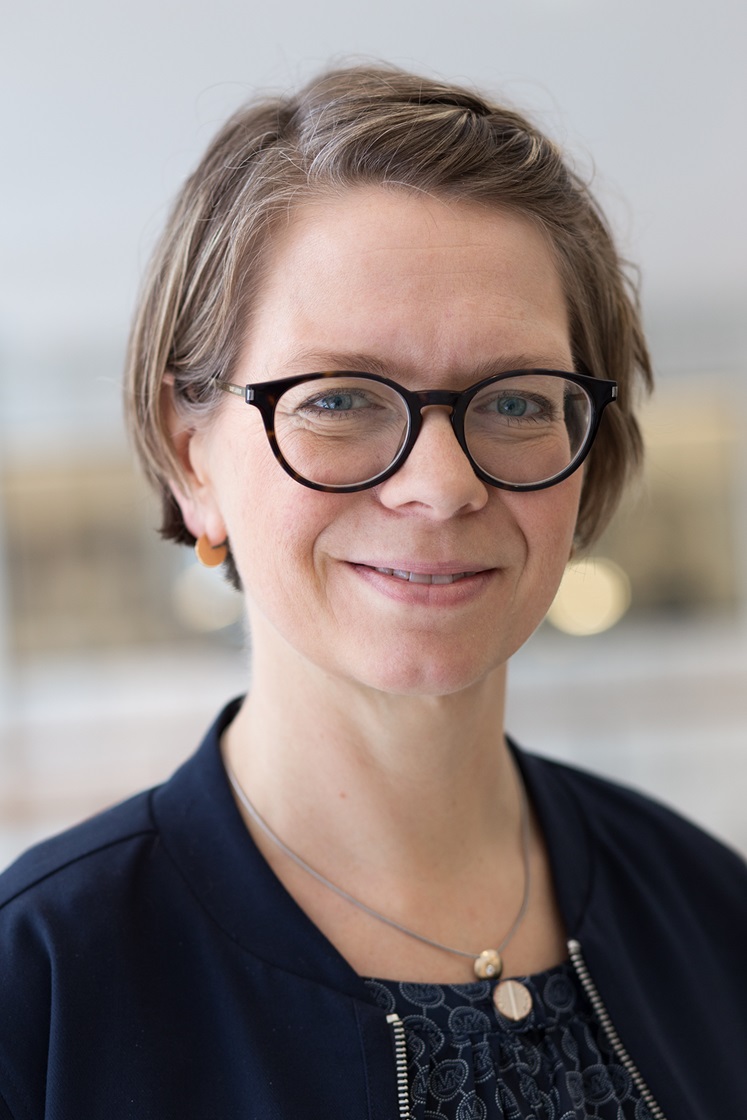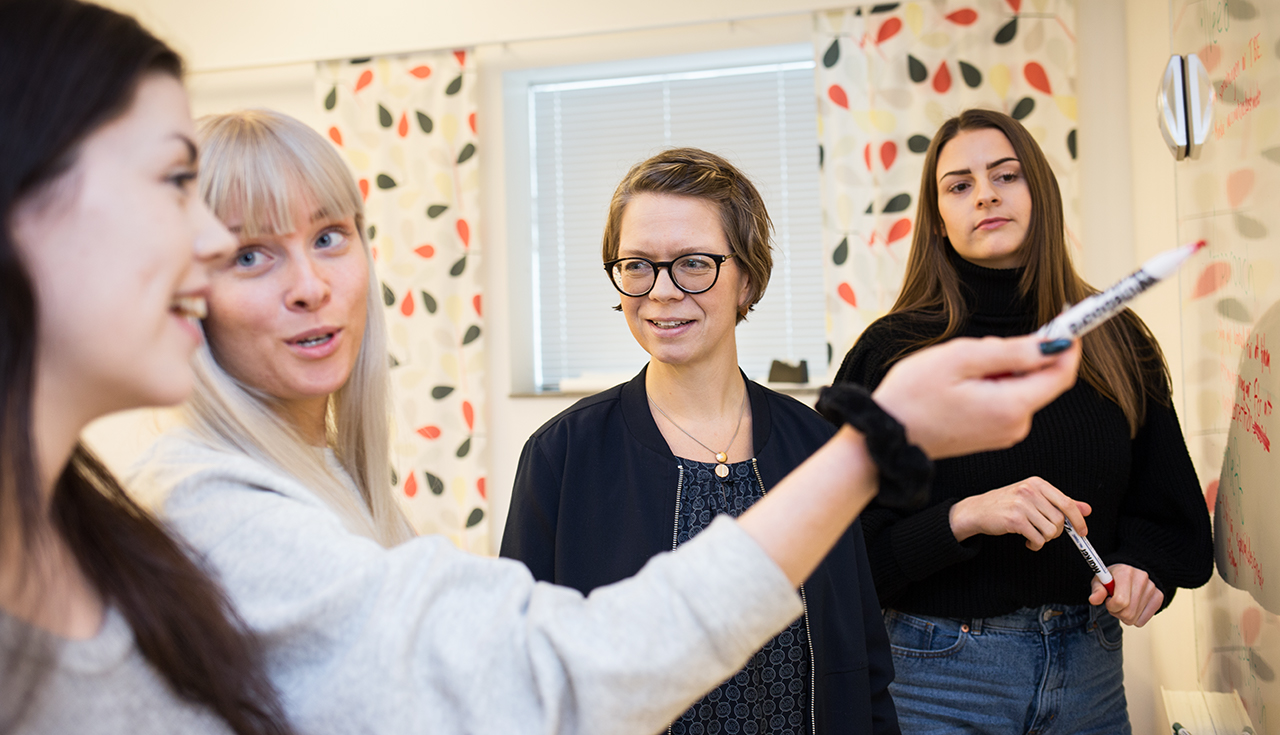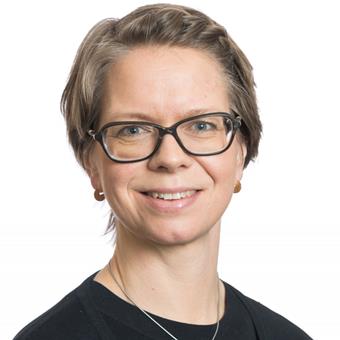"The programme will offer project-based courses where students, from their very first term, learn to apply their knowledge and get to meet a potential customer" says Anna Fahlgren, programme coordinator and associate professor at the Department of Clinical and Experimental Medicine.
Applications to the bachelor programme in medical biology have fallen, which led the programme coordinators to begin a revamp of the programme.
 Anna Fahlgren, programme coordinator, wants to expand the professional identity of medical biologists. Photo: Charlotte Perhammar."According to a survey of our graduates, most of them found employment outside academia - in industry and healthcare. This is a completely different pattern than when the programme was started, 20 years ago. We realised that we can improve how we prepare our students for what awaits them outside academia, and that this could also make it easier for our new students to identify future work opportunities as medical biologsts," says Anna Fahlgren.
Anna Fahlgren, programme coordinator, wants to expand the professional identity of medical biologists. Photo: Charlotte Perhammar."According to a survey of our graduates, most of them found employment outside academia - in industry and healthcare. This is a completely different pattern than when the programme was started, 20 years ago. We realised that we can improve how we prepare our students for what awaits them outside academia, and that this could also make it easier for our new students to identify future work opportunities as medical biologsts," says Anna Fahlgren.
The problem was discussed with senior management at faculty level, and a grant from Vinnova (the Swedish state agency for innovation) enabled contact with industry. Over roughly one year, Anna Fahlgren had discussions with organisations including AstraZeneca, to identify the needs of industry.
"We mapped out and tried to understand what industry needs, which people are being employed today and who industry wants to employ in the future. We also wanted to get confirmation of the programme's strengths, so that we can build on them in the new version of the programme."
In the programme the students will work in projects and take theoretical courses in parallel. This is a well tested model that has been used in engineering programmes for many years. The close collaboration with the Faculty of Science and Engineering is a strength, according to Anna Fahlgren.
"The students get to experience some of the challenges within life science, while also learning how to collaborate with a customer or partner during the course of their work," says Anna Fahlgren.
The programme prepares the students for a career in research, and Anna Fahlgren believes in showing them how much choice they have:
"We want to give a clearer picture, early in the programme, of what the students can end up working with after graduation, and to build up a professional identity. Our programme graduates will be in demand, whether it's from academia, healthcare or industry."



